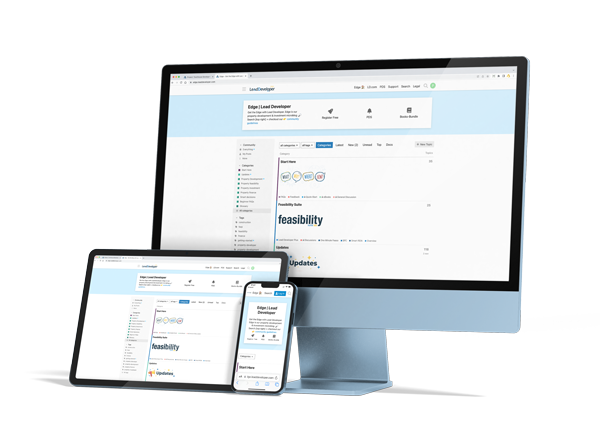Off-the-Plan Checklist
Buying a property off the plan in Australia can be a complex process. Here’s a detailed checklist to guide you through each step:
1. Pre-Purchase Checks
Location and Lifestyle Considerations
- Choose a location that meets your criteria and lifestyle requirements.
- Consider proximity to amenities, availability of parking, and access to outdoor areas.
Property and Development Analysis
- Check the history of similar developments in the area to ensure market value.
- Assess the surrounding area of the development for future potential.
Developer, Builder, and Architect Credentials
- Investigate the developer, builder, and architect’s past projects and reputations.
- Verify their credentials and track record for quality and reliability.
Property Specifics and Customizations
- Visit the onsite display office to examine plans and understand the final look of the property.
- Check the layout, views, common areas, finishes, fittings, and any customization options like changes to finishes, appliance selection, and substitutions.
Legal and Contractual Review
- Have a solicitor experienced in off-the-plan purchases review the contract.
- Ensure the contract covers aspects like insurance, warranties, on-selling clauses, completion delays, and defect rectification.
- Ask about all relevant insurances and warranties for full coverage.
Financial Preparation and Cost Awareness
- Understand ongoing costs such as owners’ corporation fees, council and water rates.
- Check the amount of stamp duty to be paid at settlement.
- Ensure finances are in order, including for earlier-than-expected completion.
Property Inspection and Quality Assurance
- Prepare a checklist for property inspection including power points, phone lines, TV and gas outlets, and fridge space.
- Make sure all features and items on display are listed in the contract’s ‘inclusions’ section.
- Ask to see samples of materials and fittings used in construction.
Building and Apartment Details
- Check the building layout, apartment position, ceiling heights, security features, and HVAC systems.
- Ensure understanding of the apartment’s measured area, both internal and total.
- Request scale drawings or plans with measurements.
Construction and Energy Efficiency
- Determine the materials for walls and floors and their acoustic ratings.
- Inquire about glazing systems (laminated or double glazed).
- Assess energy-efficient measures and the building’s energy rating.
Additional Considerations
- Assess if landscaping is included in the development.
- Know the sunset clauses and completion times.
Final Preparations for Settlement
- Confirm if the developer has engaged a builder and their credentials.
- Ensure all insurances and warranties are in place.
- Get a building inspection prior to settlement for completeness and specification adherence.
You are missing out if you haven’t yet subscribed to our YouTube channel.
2. During the Purchase
Negotiating the Contract
- Negotiate terms, including price, customizations, and inclusions.
- Ensure the contract specifies what happens if the developer fails to complete the project.
Inspecting the Display Suite or Showroom
- Visit the display suite to get a feel for the quality and finishes.
- Verify that specifications in the showroom match what’s in the contract.
Monitoring Construction Progress
- Regularly check on the construction progress.
- Request updates from the property developer or your solicitor.
Preparing for Settlement
- Arrange final financing in anticipation of settlement.
- Stay informed about the expected completion date to plan for settlement and moving in.
3. Pre-Settlement Checks
Pre-Settlement Inspection
- Conduct a thorough inspection of the property.
- Check for any defects or deviations from the contract specifications.
Valuation
- Have the property valued to ensure it aligns with the purchase price.
- Address any discrepancies with the lender and developer.
Final Legal and Financial Steps
- Review final documents with your solicitor.
- Confirm that your financing is in place and ready for settlement.
Insurance
- Arrange for building insurance effective from the settlement date.
4. Post-Purchase
Defects and Warranty Claims
- Report any defects to the developer for rectification.
- Understand the warranty period and what it covers.
Property Management
- If purchasing as an investment, consider hiring a property manager.
- Prepare the property for rental or occupation.
Record Keeping
- Keep all documentation related to the purchase and settlement.
Ongoing Monitoring
- Monitor the property market and community development in the area.
5. Additional Considerations
- Market Research: Stay informed about the property market trends and forecasts in the area.
- Tax Implications: Understand the tax implications, including potential capital gains and rental income tax.
- Community Involvement: Engage with the community or owners’ corporation to stay informed about issues affecting the property.
Make It Real


